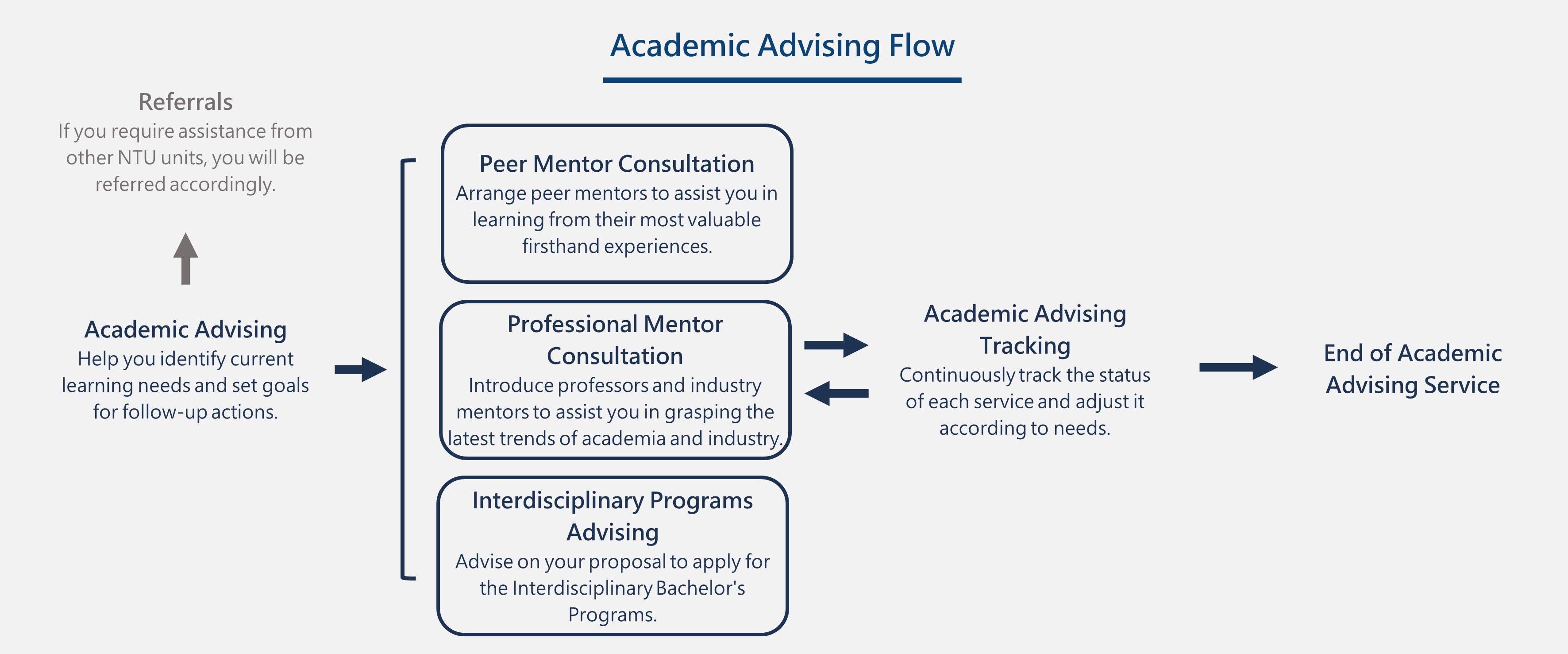In the journey towards a future university education, the emphasis is on breaking boundaries of traditional systems and establishing a culture of innovation. The core spirit includes exploration and experience, autonomy and guidance, cross-domain and co-learning, openness and trust, and various action plans are promoted under this spirit.
Specialization Programs: Enhancing the variety of learning themes and aligning with students' needs and interests
Our "specialization programs" stress the importance of a clear course sequence and interrelation among courses. This structure guides students to delve into cross-disciplinary learning, thus fostering solid and diverse academic competencies. As of 2022, we have 237 specialization programs, with 861 graduates earning 1,017 specialization certifications. Looking ahead, we aim to establish capstone courses and inter-specialization networks, assisting students in gaining an early comprehensive understanding of their departmental courses. This approach aims to maximize opportunities for interdisciplinary exploration and learning.
University-level and College-level Interdisciplinary Bachelor's Programs (UIBP and CIBP): Designing tailored degrees for students
UIBP and CIBP resemble a dual-major system, encouraging students to go beyond existing departmental boundaries to design course structures aligned with their personal interests. This system enables students to engage in cross-disciplinary self-directed learning within the larger college or university framework, outside their original departments. As such, students independently propose their academic plans and determine their field of study according to their academic goals. This approach allows them to create their unique learning domains and individualized degrees, in addition to their traditional departmental majors.
Academic Check-ups: Assisting students in creating learning paths that are suitable to their interests and aptitudes
To ensure students do not feel lost on their journey of self-directed learning, NTU establishes the Academic Advising Office (AAO). The Office provides one-on-one academic planning consultation services and employes various discussion strategies (such as establishing frequently asked questions, providing guidance on learning pathways, peer consultation, expert think tanks, etc.). Through dialogues and discussions in the form of which students are assisted in formulating personalized and aptitude-appropriate learning paths that stem from their interests.
Exploration Credits: Encouraging students to boldly venture into interdisciplinary learning
The Exploration Credits System is designed for first and second-year students who opt for courses outside their primary departments, allowing them to apply for up to six credits. For subjects recognized as exploration credits, students can choose to keep their original grades or opt for an alternative grading system: if they pass, their grades are recorded as "Pass" and credits are granted. For those who do not pass, the course grade record is removed. This system alleviates students' concerns about grade performance hindering their interdisciplinary exploration, fostering a trial-and-error approach to stimulate autonomous learning and uncover personal potential.
Consultation experiences with the Academic Advising Office
 Academic advising flowchart
Academic advising flowchart

During the T+ camp, professors engage in a lively discussion of the pool of specialization programs proposed by students
 Promoting interaction and dialogue between secondary advisors and UIBP students
Promoting interaction and dialogue between secondary advisors and UIBP students

UIBP information sessions are held to provide the latest information for students interested in self-directed interdisciplinary scholarship